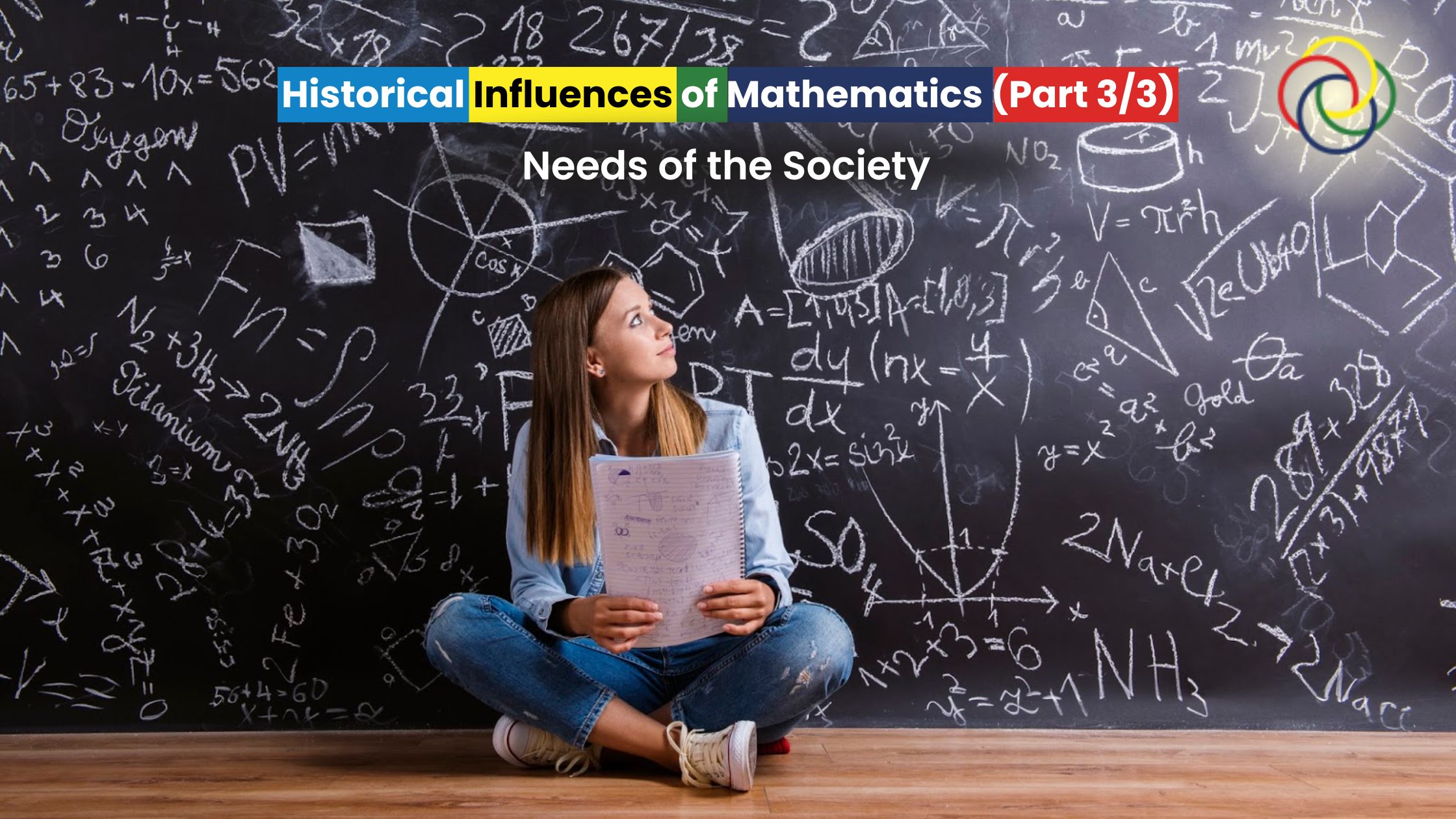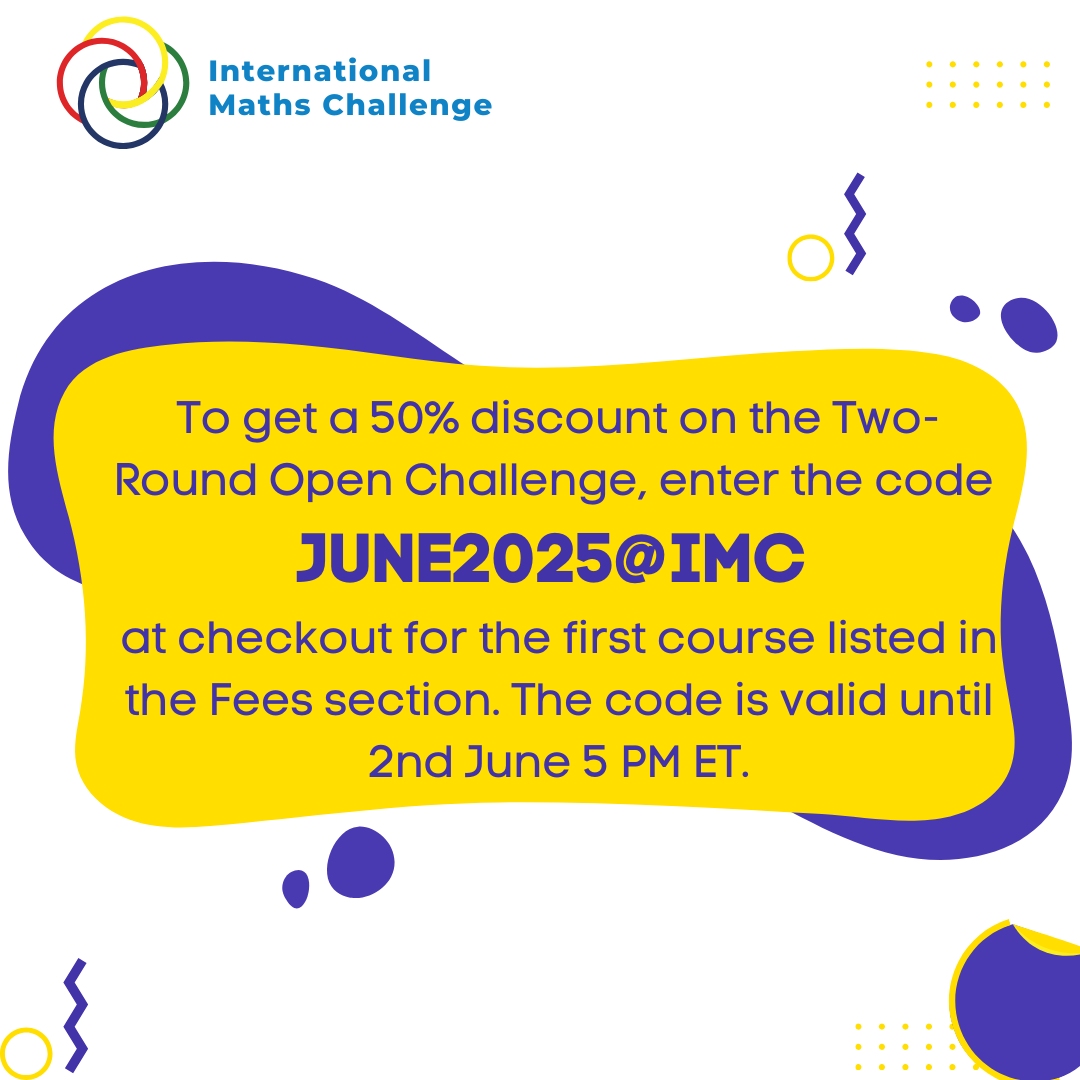Three factors—the needs of the subject, the child, and the society—have influenced what mathematics is to be taught in schools. Many people think that “math is math” and never changes. In this three-part series, we briefly discuss these three factors and paint a different picture: mathematics is a subject that is ever-changing.
In this third and final part, we discuss the-
Needs of the Society
The usefulness of mathematics in everyday life and in many vocations has also affected what is taught and when it is taught. In early America, mathematics was considered necessary primarily for clerks and bookkeepers. The curriculum was limited to counting, the simpler procedures for addition, subtraction, and multiplication, and some facts about measures and fractions. By the late nineteenth century, business and commerce had advanced to the point. that mathematics was considered important for everyone. The arithmetic curriculum expanded to include such topics as percentages, ratios and proportions, powers, roots, and series.
This emphasis on social utility, on teaching what was needed for use in occupations, continued into the twentieth century. One of the most vocal advocates of social utility was Guy Wilson. He and his students conducted numerous surveys to determine what arithmetic was actually used by carpenters, shopkeepers, and other workers. He believed that the dominating aim of the school mathematics program should be to teach those skills and only those skills.
In the 1950s, the outburst of public concern over the “space race” resulted in a wave of research and development in mathematics curricula. Much of this effort was focused on teaching the mathematically talented student. By the mid-1960s, however, concern was also being expressed for the disadvantaged student as U.S. society renewed its commitment to equality of opportunity. With each of these changes, more and better mathematical achievement was promised.
In the 1970s, when it became apparent that the promise of greater achievement had not fully materialised, another swing in curriculum development occurred. Emphasis was again placed on the skills needed for success in the real world. The minimal competency movement stressed the basics. As embodied in sets of objectives and in tests, the basics were considered to be primarily addition, subtraction, multiplication, and division with whole numbers and fractions. Thus, the skills needed in colonial times were again being considered by many to be the sole necessities, even though children were now living in a world with calculators, computers, and other features of a much more technological society.
By the 1980s, it was acknowledged that no one knew exactly what skills were needed for the future but that everyone needed to be able to solve problems. The emphasis on problem-solving matured through the last 20 years of the century to the point where problem-solving was not seen as a separate topic but as a way to learn and use mathematics.
Today, one need of our society is for a workforce that is competitive in the world. There is a call for school mathematics to ensure that students are ready for workforce training programs or college.
Conclusion
International Mathematics Olympiad play a vital role in shaping the intellectual and analytical landscape of society. They not only foster critical thinking, problem-solving skills, and creativity among students but also prepare them to tackle complex real-world issues. By encouraging young minds to engage with challenging mathematical concepts, Olympiads help cultivate a future generation of scientists, engineers, economists, and leaders who can drive innovation and progress. Moreover, the collaborative and competitive nature of these competitions promotes a culture of academic excellence and perseverance.
As we face increasingly complex global challenges, the importance of nurturing a strong foundation in mathematics through Olympiads cannot be overstated. They are not just competitions; they are essential platforms for equipping society with the tools and mindset needed to build a better, more informed, and innovative world.


